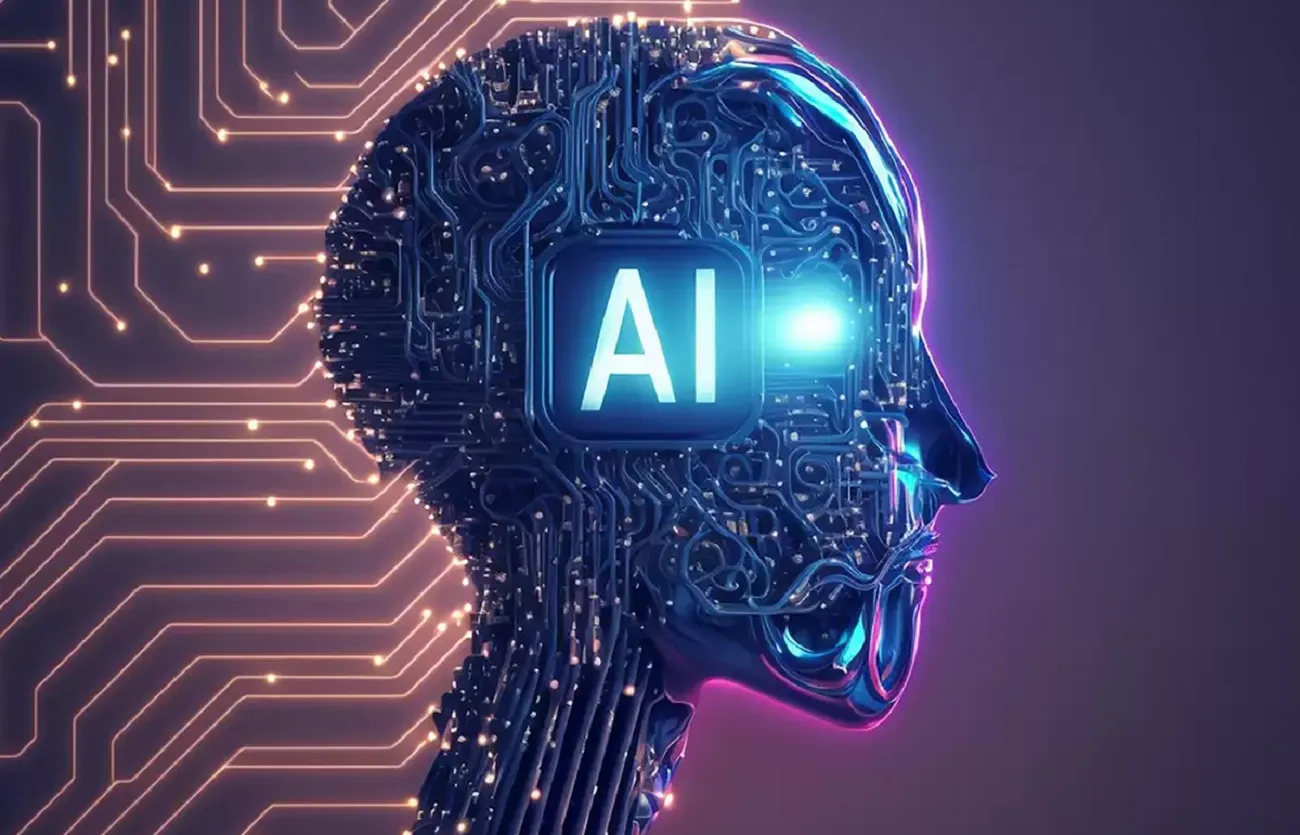Top AI Headlines This Week: Staying abreast of the swiftly evolving AI landscape is no small feat. In this comprehensive roundup, we delve into recent stories, noteworthy research, and experiments in the realm of machine learning, bringing to light developments that may have slipped through the cracks.
Here are some of the Top AI Headlines This Week that caught the eyes of the world:
Google’s Gemini Faces Backlash for Historical Inaccuracies
This week, Google’s AI chatbot Gemini came under scrutiny for generating historically inaccurate images, leading to a temporary pause in its capabilities. The underlying issue revealed an attempt to address biases through awkward hardcoding, stirring debates on the unintended consequences of such interventions. The controversy sheds light on the challenges AI vendors face in navigating biases within training data and models.
Read More
AI’s Understanding of Meanings: Beyond Surface Level
Exploring the internalized meanings within AI models, Amazon researchers delve into the trajectories of similar but distinct sentences. The study reveals that AI models exhibit a nuanced understanding of semantic similarities, challenging the notion of AI’s lack of true comprehension. The findings suggest that AI embeddings capture intricate relationships between words, transcending mere surface-level associations.
Machine Learning Enhances Prosthetic Vision
Swiss researchers at EPFL demonstrate the potential of machine learning in prosthetic vision. By applying a learning-based approach, the team achieves improved sensory encoding, addressing the limited resolution of artificial retinas. The integration of machine learning in perceptual compression offers a promising avenue for enhancing visual prosthetics.
Decoding Children’s Drawing Development with AI
Stanford researchers employ computer vision to unravel the mystery of how children develop their drawing skills. Analyzing 37,000 drawings by kids, the study highlights the complexity of features that make drawings recognizable. The findings, facilitated by AI, challenge conventional notions and pave the way for a deeper understanding of children’s cognitive development.
AI as a Valuable Tool in Chemistry
Chemists at EPFL leverage Large Language Models (LLMs) to enhance their work with minimal training. The study demonstrates that fine-tuning LLMs on specialized tasks, such as identifying phases in high-entropy alloys, proves to be a valuable tool for chemists. The results underscore the versatility of LLMs in aiding complex scientific endeavors.
Google Images Reinforce Gender Stereotypes
Berkeley researchers caution against gender stereotypes perpetuated by Google Images, emphasizing the prevalence of biases. The study reveals that imagery found through Google reinforces gender stereotypes more significantly than text-based information. The sticky and potent nature of images is emphasized, impacting perceptions of gender roles.
In conclusion, the AI landscape continues to unfold with its intricacies, challenges, and breakthroughs. From addressing biases in image generation to unraveling the semantic depths of AI models, each development contributes to a richer understanding of the evolving field. As AI becomes an integral part of various domains, acknowledging its complexities and striving for transparency remains paramount.

